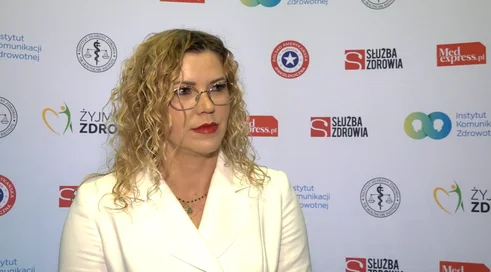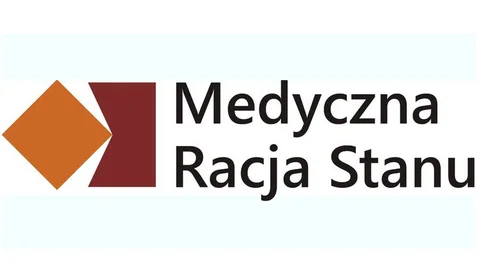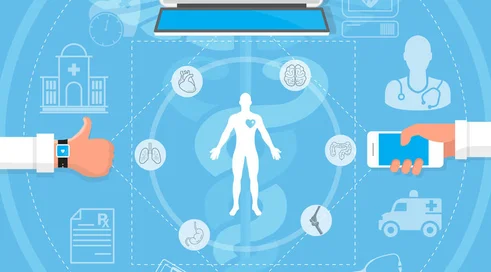Maria Libura pointed out that we very easily fall into the traps of inequality, as it were, at our own request. There has been a rapture over the possibilities of e-health in recent years, and it has begun to be seen almost in terms of "salvation." Meanwhile, the expert said, these are just tools - the results depend on how these tools are used. - For the time being, all uses of digital tools in the case of public policies show a widening gap, she stressed, pointing out that, especially in the case of the use of AI, we can even talk about "patterns of discrimination that humans would not invent," because artificial intelligence sees correlations in algorithms imperceptible to the human brain - and is guided by them in its decisions.
The logistics themselves also play a big role. - If we are betting on digitization in health, broadband must be a patient's right. This demand resonates very strongly in the message of patient organizations in the US and Western Europe," Libura stressed. Of course, digitization has its demographic limitations - some people are excluded by age, some by disability, because the tools are prepared with average, able-bodied people in mind.
How to talk about equality when even in the area of the same specialty - neurology - there are diseases treated completely differently. MS can be an example of success, while lupus - also a disease that very often affects a similar group, namely young women - seems to be completely forgotten. - The situation is all the more difficult because it is a rare disease, the symptoms are not unambiguous and patients often report to doctors already at an advanced stage," said Violetta Zajk, president of the National Association of Young People with Inflammatory Connective Tissue Diseases 3 Let's Hold Together, stressing that a not insignificant problem is the fact that changes in the organs are also accompanied by external changes, difficult to accept especially for young women. - A common symptom in advanced disease is skin changes on the face, she reminded. In addition, she said, side effects of currently available therapies are a problem in treatment. Therapies that are outdated.
Dr. Katarzyna Romanowska-Próchnicka, M.D., from the Clinic and Polyclinic for Systemic Connective Tissue Diseases at the National Institute of Geriatrics, Rheumatology and ...
Content locked
To gain access to the complete English section of the Medexpress.pl, kindly reach out to us at [email protected].




















